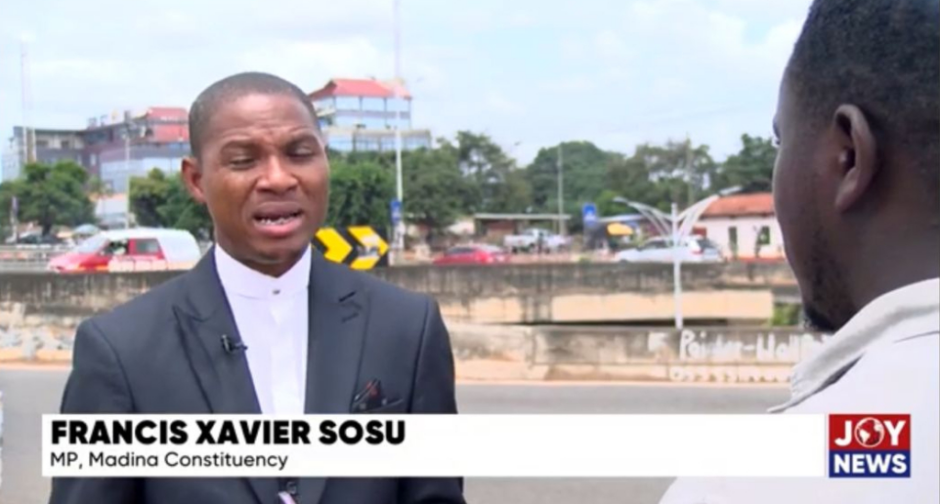
Three MPs are leading an ambitious charge to address the escalating air pollution affecting the nation.
With a private members bill in the works, they aim to elevate clean air as a fundamental human right amid Accra’s rapid urbanisation and the surge of pollution from various sectors including transport, industry, and agriculture.
While government has shown commitment to reducing the country’s carbon footprint through policies targeting lower sulfur content in fuels and promoting renewable energy, the focus on carbon emissions hasn’t directly addressed the pervasive air pollution caused by tiny particles in vehicle exhausts, industrial emissions, and waste combustion.
Assemblyman Abraham Nii Odai, responsible for a part of Madina, a bustling area grappling with traffic congestion and pollution, voices concerns about the lack of laws directly addressing pollution.
“With the municipal environmental health officers in the assembly, they can’t do much,” he laments, citing inadequate resources.
NDC MP Francis Xavier Sosu emphasises the need for a national approach, pushing for accountability among government and major polluters through a Climate Change Bill.

“The state is a duty bearer and must ensure there is clean air,” he said, underlining the bill’s goal to enforce clean air standards across sectors.
“At the state level, our environmental protection vision has not been very clear. It is the state that must provide leadership. As a people, I don’t think that we have developed a clear-cut direction and vision. I don’t see the direct targets,” said Francis Xavier Sosu.
Emmanuel Appoh, former Director of Air Quality at the Environmental Protection Agency, stresses the necessity for an air quality policy, noting the existing laws’ limitations in addressing pollution effectively.
“We have a lot of laws. But the key limitation is that we don’t have an air quality policy. Though the laws have been there, we don’t have the Policy,” said Emmanuel Appoh.
This movement echoes the global push for a cleaner environment, as seen in the United Nations’ recognition of access to a clean, healthy, and sustainable environment as a universal human right.
The proposed bill outlines provisions for penalties on violators and empowers ordinary Ghanaians to hold the government accountable through legal avenues.
However, challenges persist, especially in regulating vehicle emissions, which constitute a significant portion of air pollutants.
Abbas Imoro of the Ghana Private Road Transport Union (GPRTU) acknowledges the concern around air pollution but insists on transparent implementation and scientific standards for measuring pollutants to avoid disadvantaging professional drivers.
“We will support it. But in order not to cheat professional drivers, they should come up with a mechanism, if there are any components, which can measure the volume of pollution, which should not be allowed to be on the road.
“But you just can’t mention pollution, maybe something of a small size, then you say no, it shouldn’t be on the road,” said Abbas Imoro.
Despite hurdles and potential opposition from heavy industries and transport companies, proponents hope this bill sparks essential conversations and involvement from various stakeholders, both local and international, in addressing Ghana’s pressing air pollution crisis.
This story was a collaboration with My Joy Online. Funding was provided by the Clean Air Fund which had no say in the story’s content.
